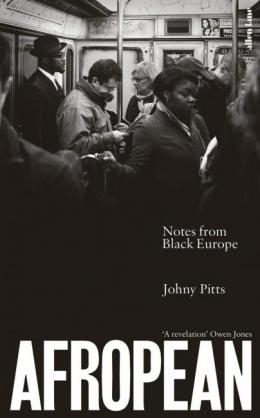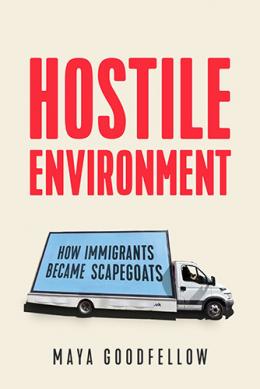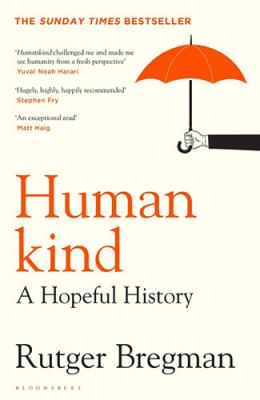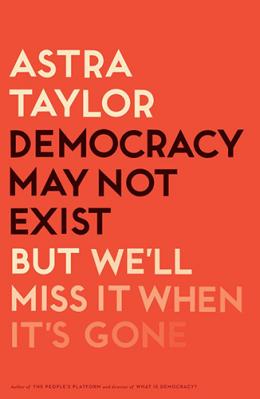Written in the wake of the 2014 protests in Ferguson, Missouri, Vicky Osterweil’s central argument is that looting and rioting are positive actions, which ‘in most instances… transform and build a nascent moment into a movement’.
Unserious and incurious, In Defense of Looting won’t change the minds of seasoned peace activists though, worryingly, it might influence those who are in the process of forming their views on protest and political change.
Osterweil maintains that looting makes ‘day-to-day life easier by…
















